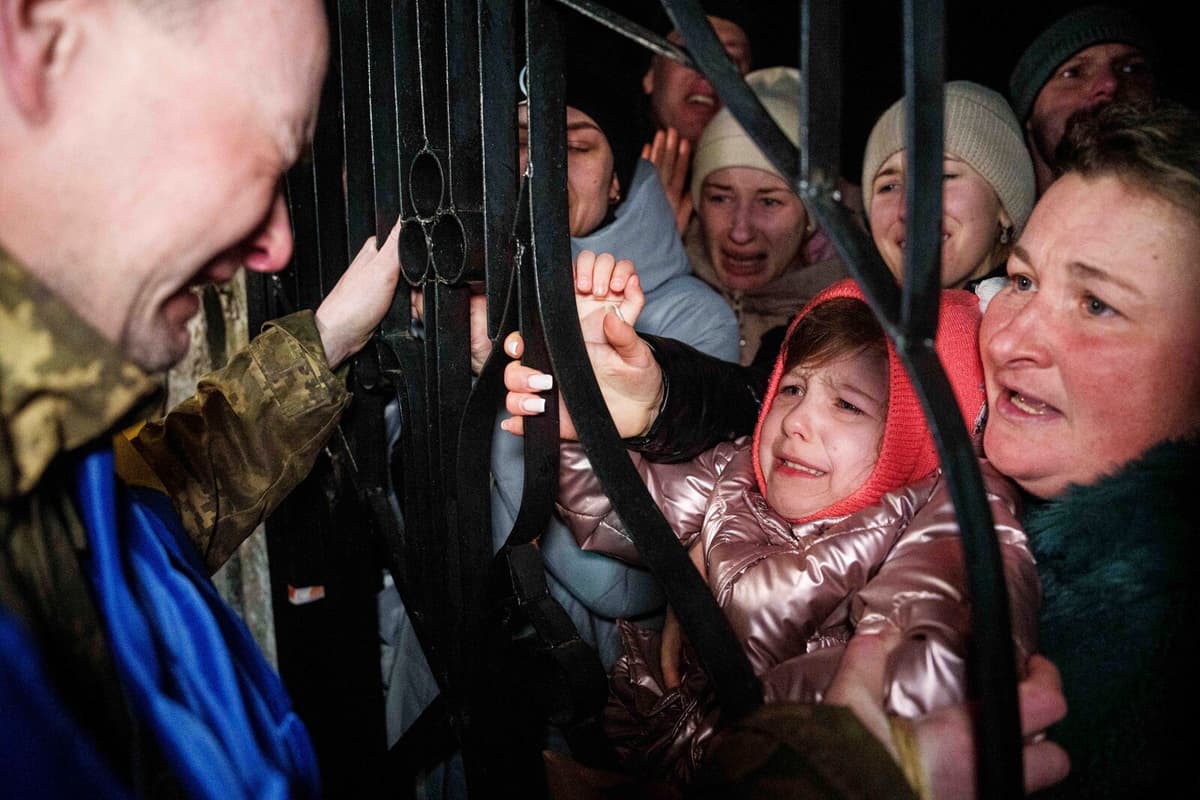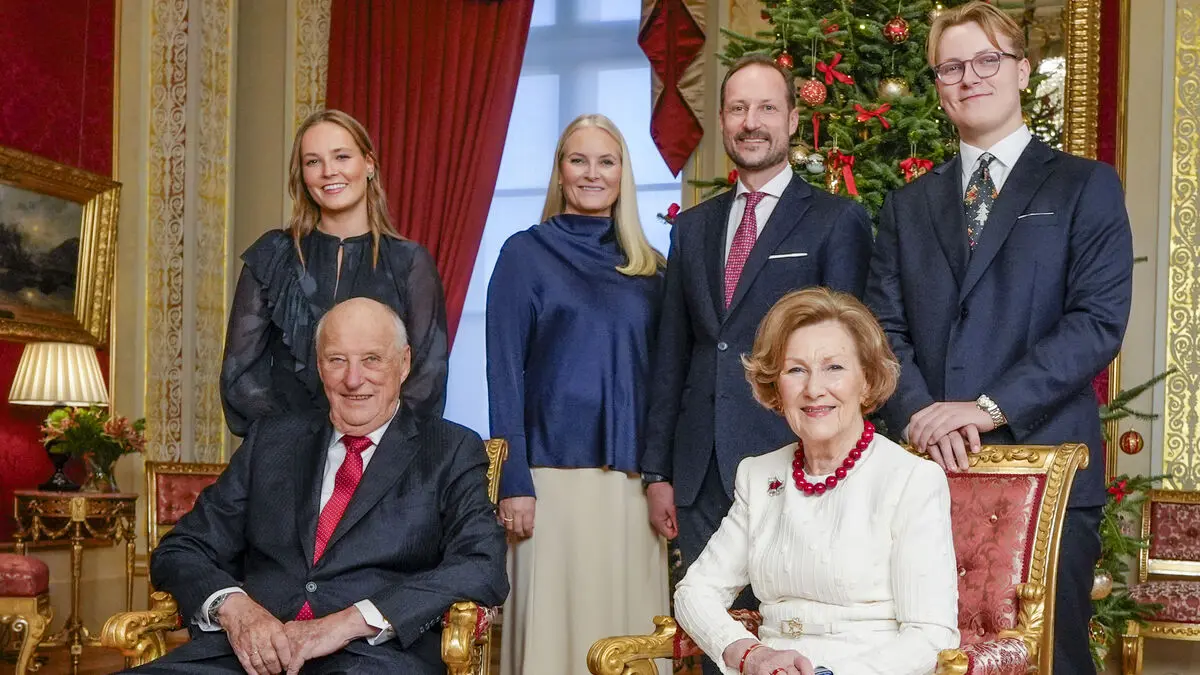It has soon been three years since Vladimir Putin launched his full-scale war of aggression against Ukraine and Russian forces invaded the neighboring country. Hundreds of thousands have been driven into flight, around one million people have been killed or injured, and millions of lives have been put on hold – and global geopolitics have been shaken.
But 2025 may be the last year of the bloody conflict, some analysts believe.
I think there are good chances that the war will end towards the end of 2025 or the beginning of 2026, says former Lieutenant Colonel Joakim Paasikivi.
Failed Offensives
He bases his analysis primarily on Russian weaknesses. The burning invasion war is expensive; the ruble is severely weakened and prices are skyrocketing. During Putin's annual press conference just before Christmas, the president acknowledged that the country's high inflation is "alarming".
I believe that above all, the Russian economy is in such poor shape that Russia will have a hard time continuing at the same pace. And if they can't, they will back down – provided Ukraine continues to receive support from the West, says Paasikivi.
Recently, Russia has been reported to be advancing on several fronts. But the successes are limited, emphasizes Paasikivi. In fact, they have failed with three offensives in 2024: in Donbass, Kharkiv, and Kursk. Nor do they control the Black Sea.
When you look at Russia's documented losses in material and personnel, they are astonishingly large compared to the relatively modest results.
Has Trump Changed?
But for a war to end, many things need to fall into place. Firstly, the Kremlin must come to the realization that the war can no longer be sustained – and then manage to convince the domestic audience that negotiations are a magnanimous gesture from a victorious nation, not a defeat. Secondly, Ukraine must receive the security guarantees it demands from the West in order to agree to negotiations. President Volodymyr Zelenskyj has at least expressed a longing to lay down arms.
We must do everything we can to bring an end to the war next year, he said in Ukrainian radio in November.
What the outcome of the negotiations will depend on is largely up to the USA. There, Joakim Paasikivi is cautiously optimistic. Recently, incoming President Donald Trump seems to have understood that the USA cannot "throw Ukraine under the bus" and completely withdraw its military support.
They seem to realize that it would be a strategically stupid idea to just drop Ukraine and thereby give Russia a clear victory, says Paasikivi.
The various "peace plans" that have been presented differ mainly regarding the future role of the defense alliance NATO.
Keith Kellogg, appointed as the new US Ukraine and Russia envoy, presented a plan in June 2024 to achieve a war end in Ukraine.
In brief, the plan is to condition US continued arms support on Ukraine's participation in peace talks, a Ukrainian NATO membership being put on hold, and the front line being frozen in its current position. At the same time, Russia is warned that the American Ukraine support will be scaled up if Russia opposes the plan's conditions.
Ukraine's President Volodymyr Zelenskyj has in turn presented his own "victory plan". It includes, among other things, Ukraine receiving an immediate NATO invitation and allies in the West working to "irreversibly" strengthen the country's defense.
Russia's President Vladimir Putin has also presented a range of conditions for a ceasefire – including Ukraine's full withdrawal from the partially Russian-occupied regions of Donetsk, Luhansk, Kherson, and Zaporizhzhia, as well as demands that Ukraine abandon all future NATO plans.






